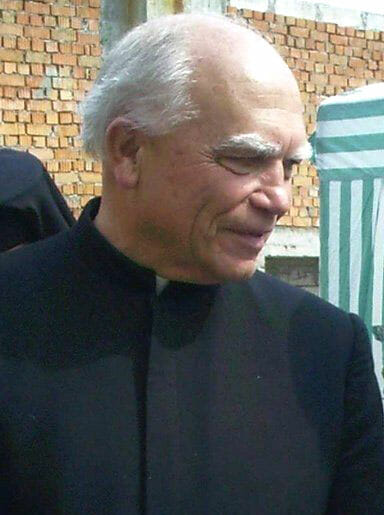 In line with the hopes of Vatican II for many new ecumenical initiatives, towards the end of the 1960s the German Bishops felt the need to strengthen relationships with the Orthodox Church. Bishop Graber of Regensburg – assigned to intensify this dialogue – knew he could count on a highly competent person to carry out this task successfully: Albert Rauch. Ordained as a priest, Albert Rausch completed his theological studies at the Gregorian University of Rome and due to his outstanding sensitivity towards the Greek Orthodox rites, Albert decided to also achieve a Doctorate at the Russicum College, where he took up– among others – Modern Greek and Russian. During his stay in Rome he met the Focolare Movement and embraced its spirituality, and discovered its deep ecumenical dimension . He soon asked to be a member as priest focolarino. To further deepen his knowledge of the Eastern countries, Albert travelled to Greece, Turkey, the Lebanon, Syria and Israel. And to also be part of an official delegation he went to Constantinople, Sophia and Belgrade: and these were the first and important steps that helped the sister Churches to get closer to one another. Patriarch Athenagoras underlined that it was also important for the Eastern youth to go to the West to enrich this mutual acquaintance. This made it possible for many young people of many Orthodox Churches to travel to Germany.. He was entrusted with the newborn Ostkirchliches Institut [Istitute of the Eastern Churches] in Regensburg, role which he accepted humbly and with love. The Bishop asked Chiara Lubich to open a women’s focolare also in Regensburg to help him carry out this task.
In line with the hopes of Vatican II for many new ecumenical initiatives, towards the end of the 1960s the German Bishops felt the need to strengthen relationships with the Orthodox Church. Bishop Graber of Regensburg – assigned to intensify this dialogue – knew he could count on a highly competent person to carry out this task successfully: Albert Rauch. Ordained as a priest, Albert Rausch completed his theological studies at the Gregorian University of Rome and due to his outstanding sensitivity towards the Greek Orthodox rites, Albert decided to also achieve a Doctorate at the Russicum College, where he took up– among others – Modern Greek and Russian. During his stay in Rome he met the Focolare Movement and embraced its spirituality, and discovered its deep ecumenical dimension . He soon asked to be a member as priest focolarino. To further deepen his knowledge of the Eastern countries, Albert travelled to Greece, Turkey, the Lebanon, Syria and Israel. And to also be part of an official delegation he went to Constantinople, Sophia and Belgrade: and these were the first and important steps that helped the sister Churches to get closer to one another. Patriarch Athenagoras underlined that it was also important for the Eastern youth to go to the West to enrich this mutual acquaintance. This made it possible for many young people of many Orthodox Churches to travel to Germany.. He was entrusted with the newborn Ostkirchliches Institut [Istitute of the Eastern Churches] in Regensburg, role which he accepted humbly and with love. The Bishop asked Chiara Lubich to open a women’s focolare also in Regensburg to help him carry out this task.
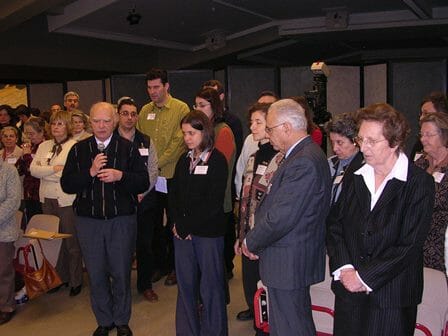
Centro Internazionale dei Focolari, Castel Gandolfo (Roma) 2003- Conduce una preghiera alla scuola ecumenica

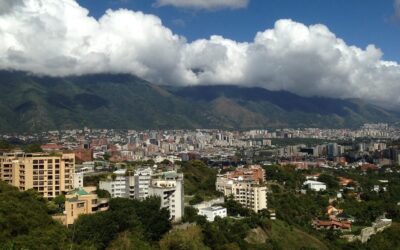
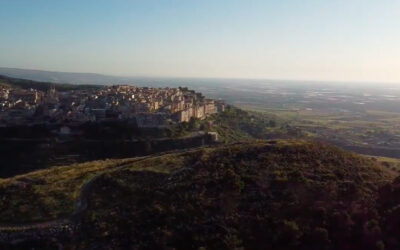
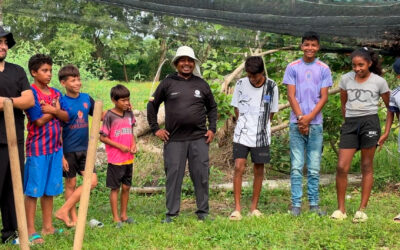
0 Comments